
Bye Bye Blumberg
The first time I saw the band Yuck perform live, I had never heard of them. They were simply the group warming up for Smith Westerns on a Friday night at a hole in the wall in downtown Nashville. I saw their name on the marquee above the venue and thought “Yuck” sounded weird and off-putting. When they took forever to set up on stage, I went from skeptical to hostile: “Who do these guys think they are? They’re just the warm-up act!”
by Tom Markham on
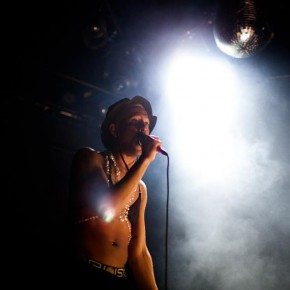
Mykki Blanco
The black and white flyers advertising Mykki Blanco’s performance are simple. “MYKKI BLANCO,” they announce in bold capitals, along with the time and location: April 4, 2013 / Terrace Club.
by Elizabeth Lian on
Poetry As Rap
The world of contemporary poetry has a startling new voice—and it is one that sounds a lot like an MC. This voice is that of Michael Robbins, who had his first poem chosen by Paul Muldoon to be published in the New Yorker just last year, and who this past year published his first collection of poems, Alien Vs. Predator.
by Eliza Mott on
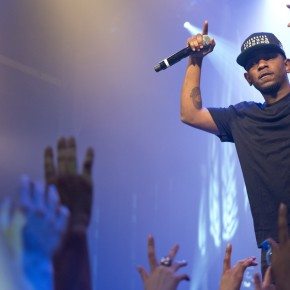
The G.O.O.D KIDD
Lord forgive me things I don’t understand. I don’t get Kendrick Lamar. I like to pretend I do. I guess what I don’t understand is my relationship with his music, and what I imagine is his relationship with me as his listener, and, most importantly, his relationship with himself.
by Rachel Wilson on
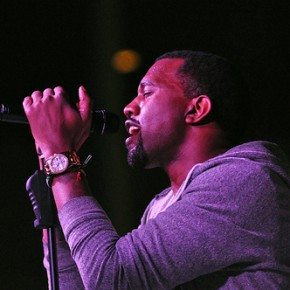
What Yeezy Taught Me
I was wearing fresh white high-top Converse sneakers, untouched by the inevitability of unclean, unsacred journeys to come. A slight gap between the crisp canvas shoe and the hem of my tight, black, and somewhat shiny floral trousers exposed a thin dimension of my pasty leg. Tucked in to my pants, which I’d purchased in “the city,” infinitely adding to their fashionable credibility in the suburban, small-town view of my image, was a comfortable white, cotton t-shirt.
by Jane Pritchard on
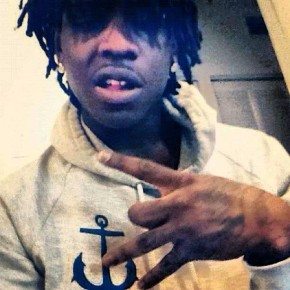
Mischief Keef
Chief Keef is an 18 year old (though his age often contested) rapper from Chicago. He is best known for his songs “I Don’t Like”—with the notorious refrain “that’s that shit I don’t like”—and “Love Sosa”; these two songs respectively have 25 and 30 million views on YouTube; many of his other songs, like “3Hunna” and “Bang,” have millions of views as well.
by Nathan Eckstein on
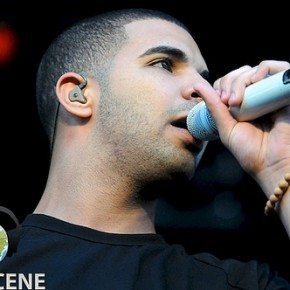
Fuckin’ Problems
In the middle of the night, Drake released a yearning slow-jam called “Girls Love Beyoncé.” It plods forward, and Drake sings unsteadily over a codeine-soaked sample of the Destiny’s Child classic “Say My Name.” He laments what fame has done to his love life and ability to connect with women, so the subject matter doesn’t veer far away from Drake’s usual meditations on his fame-induced trust issues.
by Andrew Sondern on
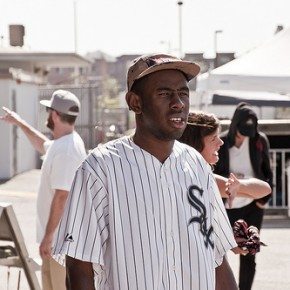
Tyler, the Creator
I got 99 problems, and all of ’em’s being happy,” bursts out Tyler Okonma—better known by his stage name Tyler, the Creator—on “Pigs,” one of the many disturbing looks inside the mind of this 22 year-old rapper on his new album Wolf. The pop-culture riff with a demented personal twist is Tyler’s signature move, and one that somehow keeps the listeners coming back for more.
by Tom Markham on
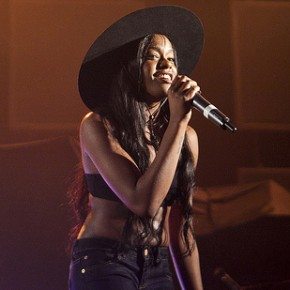
Azealia Banks
Azealia Banks might just be the long awaited solution, or revolution, concerning misogyny in rap. The opening line of her hit, “212,” “Hey, I can be the answer,” is perhaps her subtle recognition of her position at the helm of constructive feminism in hip-hop. For years women have been voicing their frustration with the portrayal of females in hip-hop, and rightly so.
by Jane Pritchard on
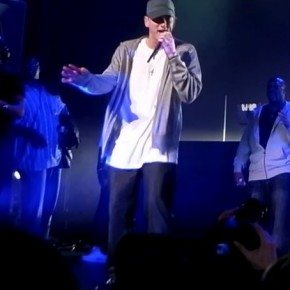
Bubble Rap
As I walked back from precept on Wednesday something about the sickening humidity reminded me of a song my sister and I shared last July. And though I knew the two-day heat-wave to be cruel and short-lived, still I was lulled into summertime nostalgia by the eighty-degree April breeze.
by Clara Wilson-Hawken on
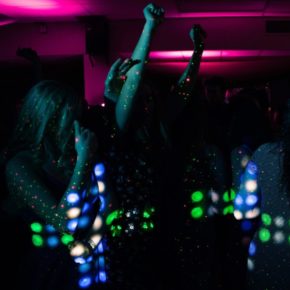
127 Unclaimed Rap Names
The Crying Game DJ Yung Educated But Unemployed Lil Drummer Boy Sofresh n’ Soclean Dion Adonis Morissette D(ean)J Rapelye Rudeboy Giuliani Duncan Hoy-Z Lil Peni$ Lil Italy Lil Lion Man Lil Caesars Pizza Kings ?uest Missy Eliot Linton Missy Michelle … Read More
by Andrew Sondern, Eliot Linton, Elizabeth Lian, Giri Nathan, Rafael Abrahams, Will Pinke on

Fuck Tha Police
The next song is very, very deep, but if I want to translate it, it’s fuck the police.” So Da Arabian Mc’s (DAM) introduced one of their final songs on Thursday.
by Chris Lombreglia on